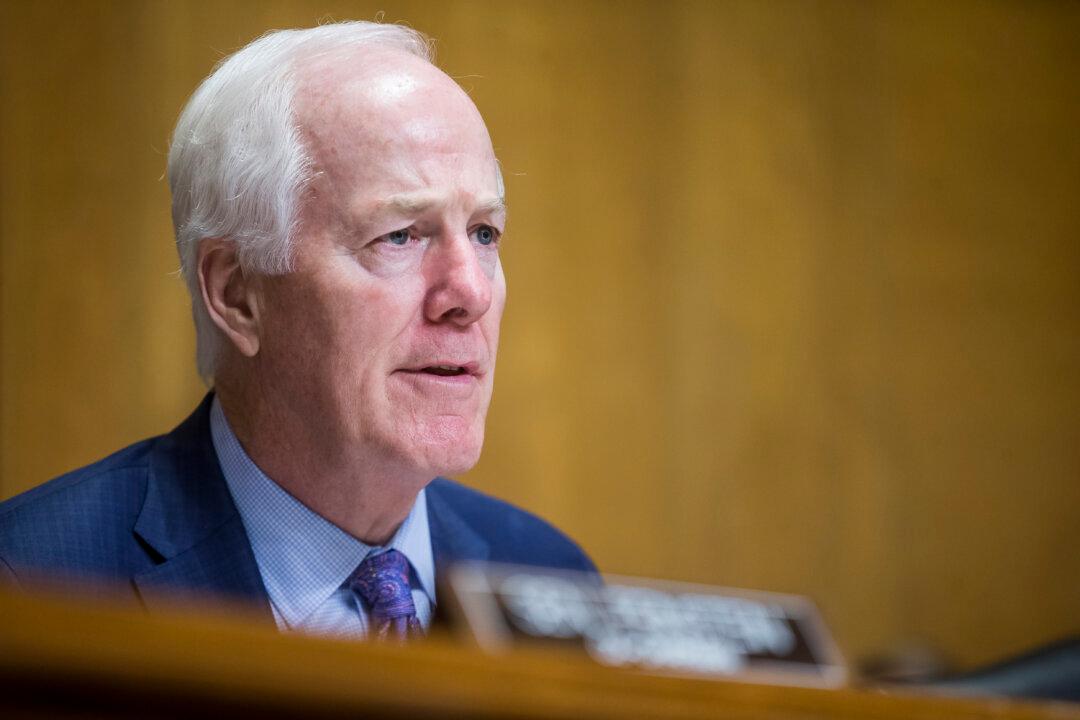News Analysis
WASHINGTON—Another end-of-year government shutdown crisis will result because of congressional Democrats’ “single-minded obsession with impeaching the president” and their breaking of promises made in the August budget deal, according to Sen. John Cornyn (R-Texas).





